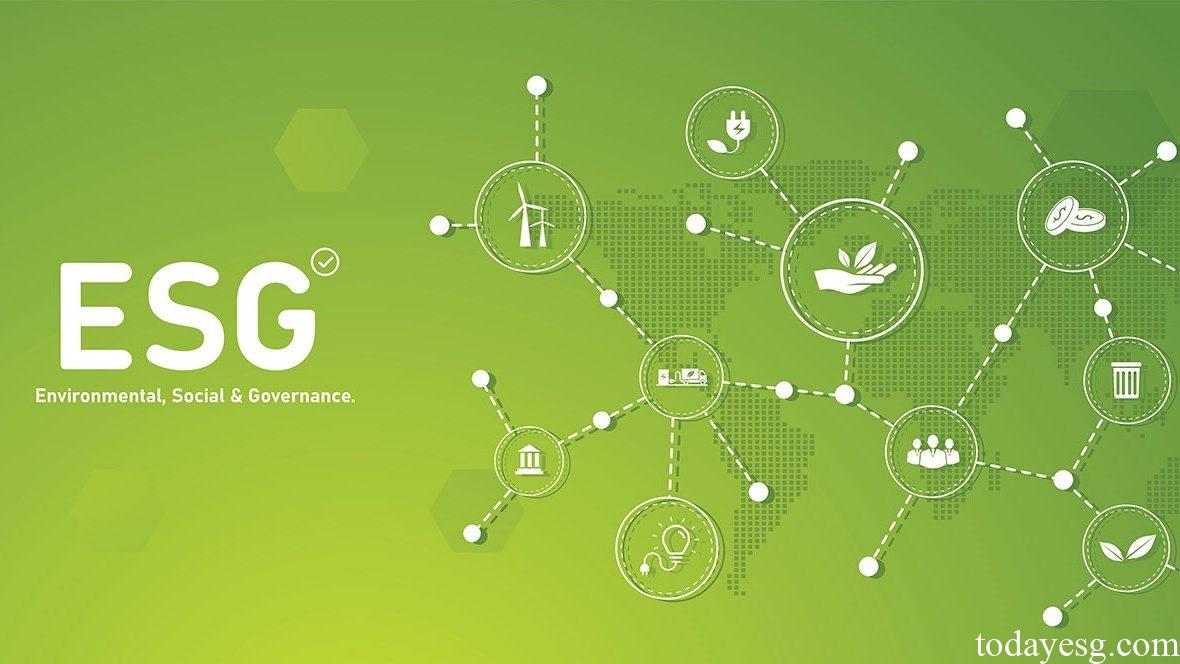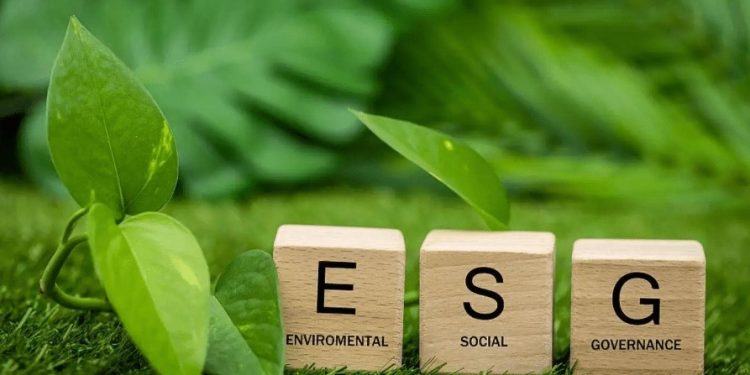Asia Pacific ESG Development Report
The international law firm Slaughter and May released Asia Pacific ESG development report, aiming to provide the status of ESG reporting, transition plans and greenwashing in various economies.
Overview of Asia Pacific ESG Development
In terms of ESG reporting, investors, asset management companies and financial institutions require companies to provide higher quality ESG information disclosure to play a role in risk assessment and asset allocation. The vast majority of jurisdictions have formulated regulatory policies requiring listed companies to improve ESG disclosures. Some jurisdictions have begun requiring that coverage be extended to all large companies, whether listed or not. In addition, after the launch of the two ISSB standards, Hong Kong and Singapore have planned to incorporate these standards into the information disclosure framework.
Related Post: Deep Dive on IFRS General Requirements for Disclosure of Sustainability-related Financial Information
Related Post: Deep Dive on IFRS Climate Related Sustainable Disclosure Standards
In terms of transition plans, all jurisdictions have published net zero commitments and are setting targets based on the ISSB climate guidelines. China and Singapore have established voluntary carbon markets to provide infrastructure for carbon trading. Singapore and Australia have implemented emission restrictions on carbon-intensive industries.
In terms of greenwashing, there are no legal proceedings against the practice in most jurisdictions, but regulators have begun to put the risk of greenwashing under closer scrutiny. There are a number of greenwashing lawsuits over disclosures in Australia, Singapore and New Zealand, and investigations are continuing.

Overview of ESG Development in Hong Kong
Hong Kong’s ESG disclosure mainly targets listed companies and financial institutions. The Hong Kong Stock Exchange (HKEX) announced the rules for the annual disclosure of ESG information by listed companies in the Hong Kong Listing Rules. The Hong Kong Monetary Authority (HKMA) requires authorized institutions to provide climate information disclosure in the Climate-Risk Management Module. The Hong Kong Securities and Futures Commission (HKSFC) requires asset management institutions to provide relevant information on ESG funds.
Currently, ESG information disclosure in Hong Kong is transitioning from voluntary disclosure to mandatory disclosure, and the disclosure of Scope 3 carbon emission data is encouraged. The Hong Kong Exchange (HKEX) is developing a climate information disclosure framework based on the ISSB climate standard and encourages small and medium-sized enterprises to adopt reporting templates to disclose ESG information.
Hong Kong plans to reduce carbon emissions by 50% by 2035 and has designed Core Climate, a voluntary carbon trading market. There are currently no mandatory requirements for transition plans in Hong Kong, but HKEX’s climate disclosure proposals may require listed companies to provide climate targets and implementation roadmaps in the future.
The Hong Kong Monetary Authority (HKMA) has released a due diligence process for green and sustainable products to guide financial institutions in reducing greenwashing. The Hong Kong Securities and Futures Commission (HKSFC) has issued regulatory policies on the naming and marketing materials of green funds and ESG funds.
Overview of ESG Development in Singapore
In 2016, the Singapore Exchange (SGX) required listed companies to provide sustainability reports, identify material ESG factors, and set performance targets. In 2022, SGX requires financial institutions to compulsorily disclose climate reports and provide 27 indicators related to sustainable development for reference. SGX also requires companies to disclose board diversity policies and other aspects. In 2023, the Sustainability Reporting Advisory Committee (SRAC) was established, requiring listed companies to conduct climate disclosures based on ISSB standards before 2025.
Singapore plans to achieve net-zero emissions by 2050 and has formulated carbon emission reduction measures in the 2030 Green Plan. Singapore has established a voluntary carbon market, Climate Impact X, but has not yet made it mandatory for companies to disclose transition plans. Singapore has formulated a carbon tax policy. The current tax rate is US$5 per ton and is expected to increase to US$25 per ton in the next two years.
Reference:
Asia Pacific ESG Development
ESG Advertisements Contact:todayesg@gmail.com








